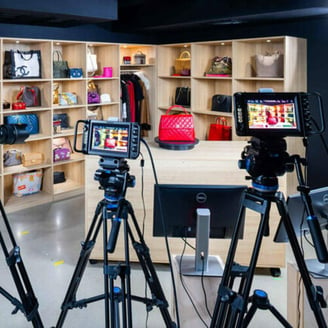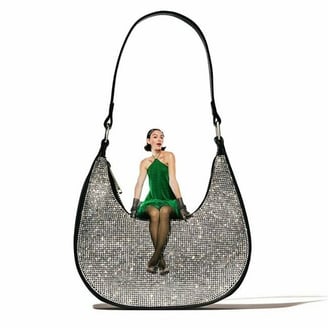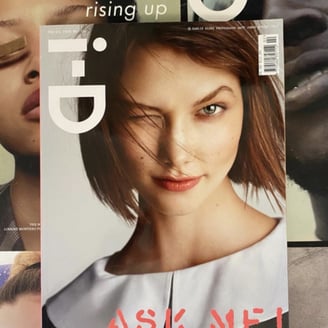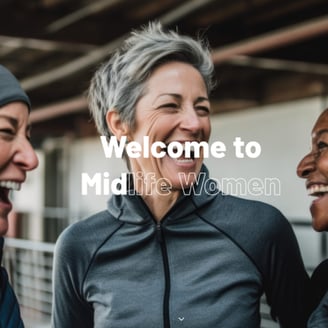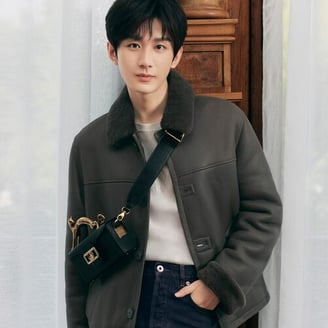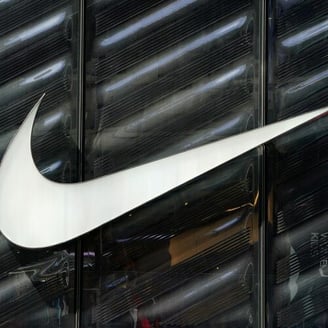
Nigel TAYLOR
Nov 10, 2023
Midlife Women feel ‘invisible’ and misrepresented by fashion adverts says new report

Nigel TAYLOR
Nov 10, 2023
Women in midlife want better representation in fashion advertising says a new report, which highlights 69% feel invisible and 62% think advertising aimed at them rarely shows someone they can relate to.

The ‘Marketing To Midlife Women’ report by the Behaviours Agency has been launched to help fashion and beauty brands “reverse the lack of connection and representation that most midlife women (aged 45-60) are currently feeling”.
Key findings include 35% have changed their style of clothing with changes to their body shape; 35% said they’d changed skincare, cosmetics and haircare products because their skin/hair has changed; 42% have changed their diet and buy more nutritional foods; and 35% were exercising more.
Report spokeswoman Sue Benson said: “Our research has shown just some of the ways that brands and retailers can improve their communication with this cohort of women that Forbes dubs ‘super consumers’, due to their spending capability and the huge changes that are going on in their lives – resulting in them seeking out new products that are relevant for them.”
Yet these women don’t feel represented in brand advertising, or even trust the claims being made.
Midlife women gave their views on advertising and while most acknowledge it’s a place to get to know about brands and products, claims are often exaggerated and many set unrealistic expectations.
Some 72% are sceptical about the claims made in advertisements while 75% think ads focus too much on appearance rather than overall wellbeing and 72% feel ads often set unrealistic standards of beauty.
Further, 62% feel advertising targeted at them rarely shows someone they can relate to while 54% feel that ads target their insecurities and 69% feel that they exaggerate product benefits.
“The role of the beauty model appears to still have a place in selling a dream”, adds Benson. “We are conditioned to expect perfect flawless skin. But there is scope for the imagery to move on because aspirational does not mean perfection.
“Women don’t want to be told time is regrettably ticking on and they must try to ‘stop the clock’. They know they can’t. This feeds anxiety and self-doubt.”
The key findings reveal that there’s a preference for real testimonials over celebrity endorsements. They value hearing from “normal” people about their experiences with products, rather than celebrities.
Meanwhile, many want menopause-related products and communications to be addressed more subtly, focusing on solutions rather than labelling everything as ‘for menopause’.
Also using humour in advertising resonates and a light-hearted and humorous tone “can create a warmth and gentle understanding”.
Finally, there’s a distrust of extravagant anti-ageing claims with women believing these products are overpriced and don’t significantly penetrate the skin. Plus, not everyone sees stopping ageing as the goal.
Copyright © 2023 FashionNetwork.com All rights reserved.





